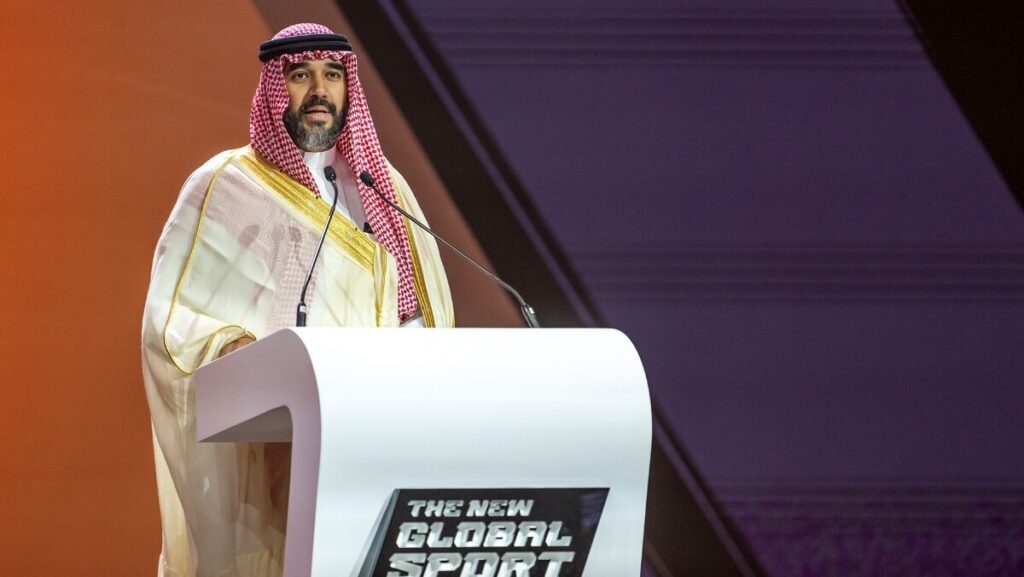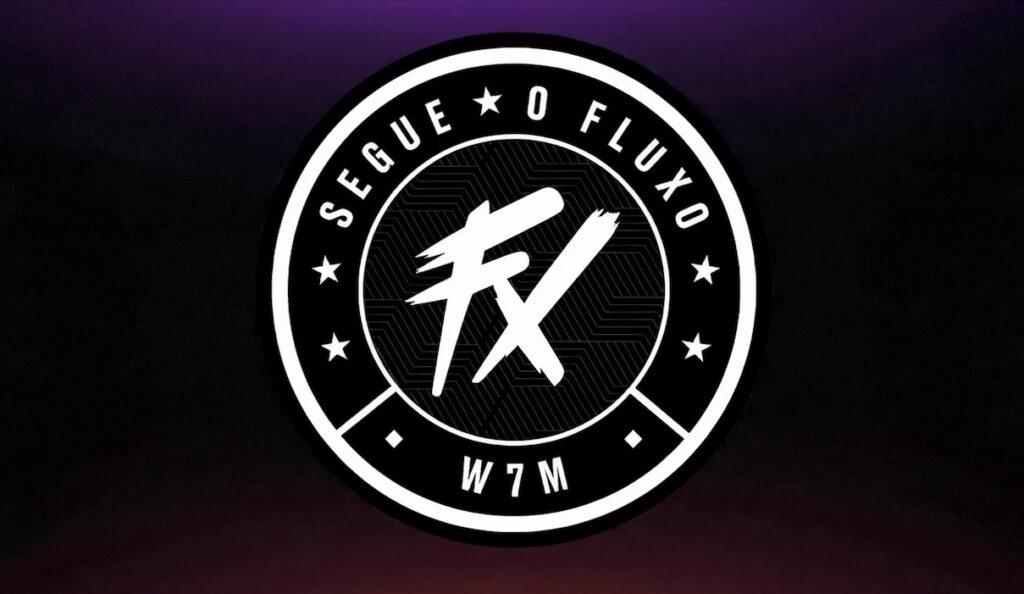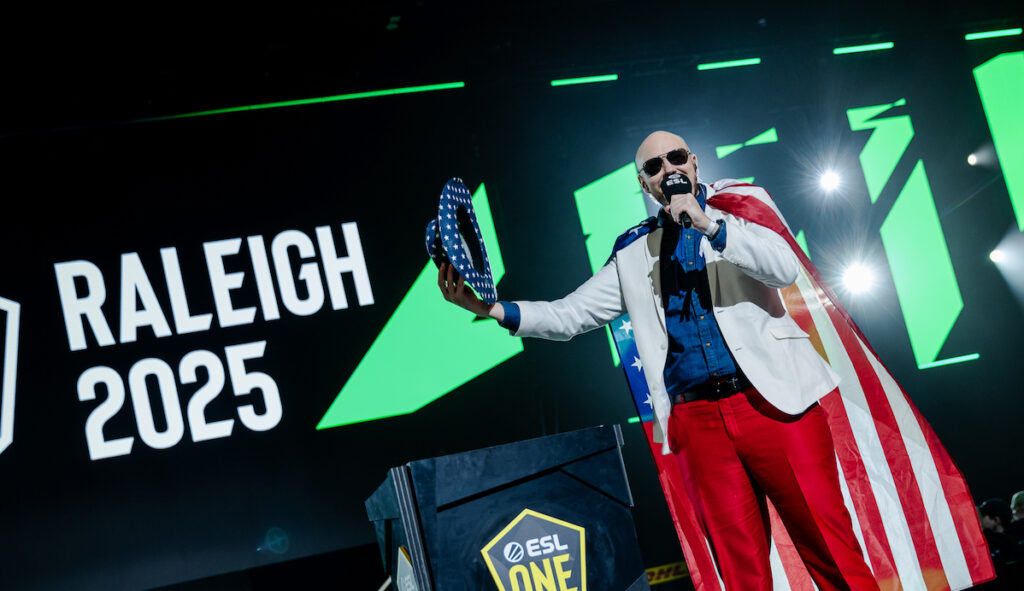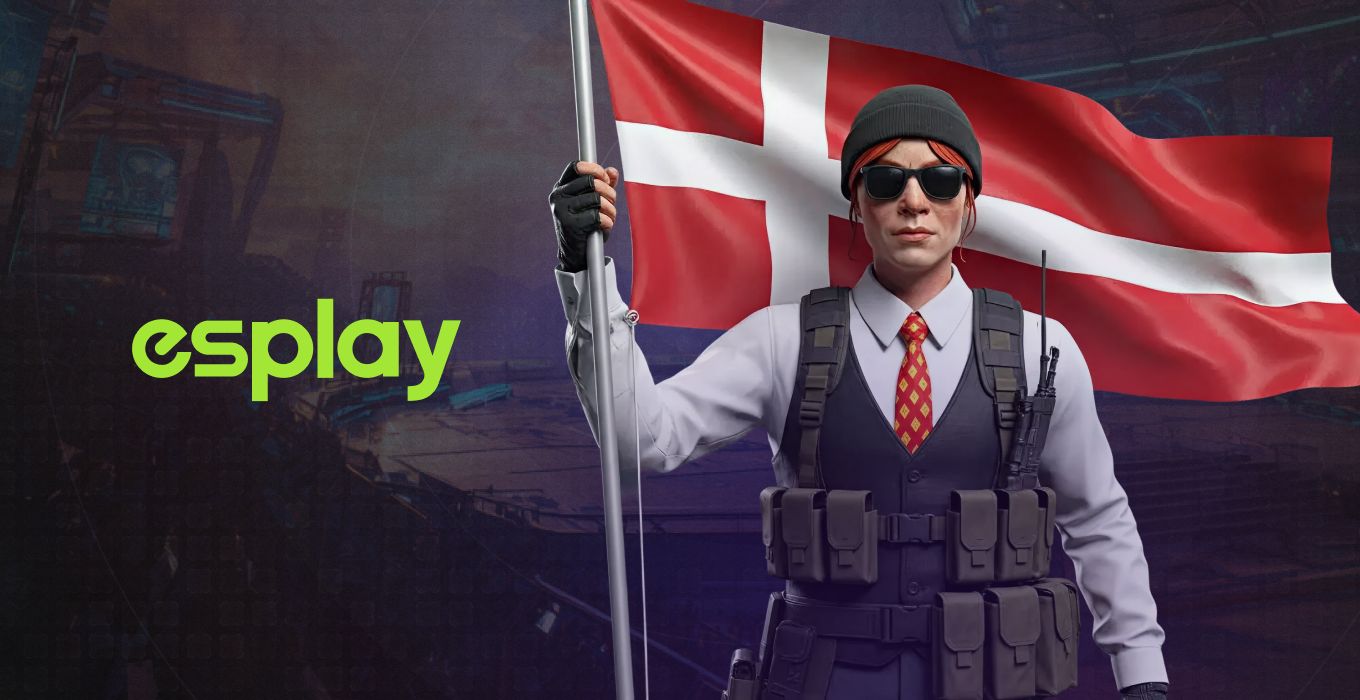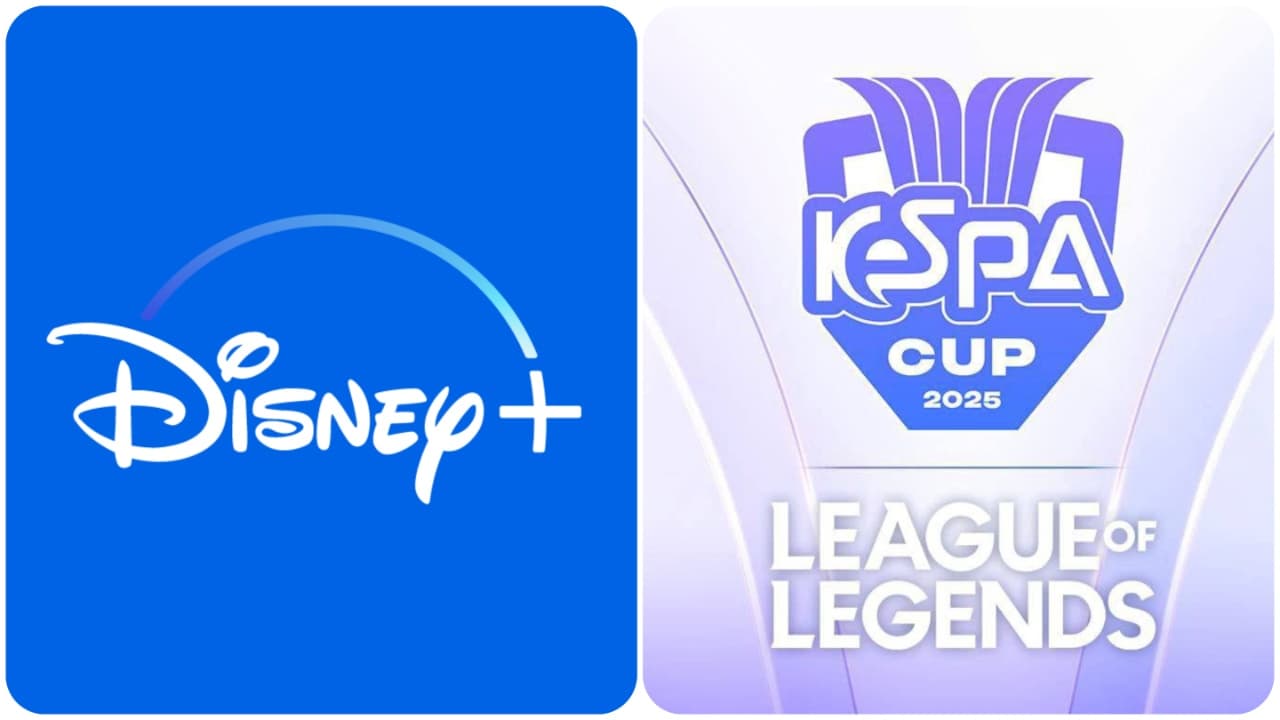Speaking directly to a global audience during the opening press conference of the Esports World Cup in Riyadh, HRH Prince Faisal bin Bandar bin Sultan Al Saud made a resounding statement about what he believes will define the tournament over the coming decades: legacy. It was a moment that hinted at a bigger story — the Esports World Cup is not the endgame itself, but a spark for a wider transformation in Saudi Arabia’s economy, culture, and global positioning.
The Esports Radar had the opportunity to speak with the Prince during the event, and his vision for that legacy became even clearer.
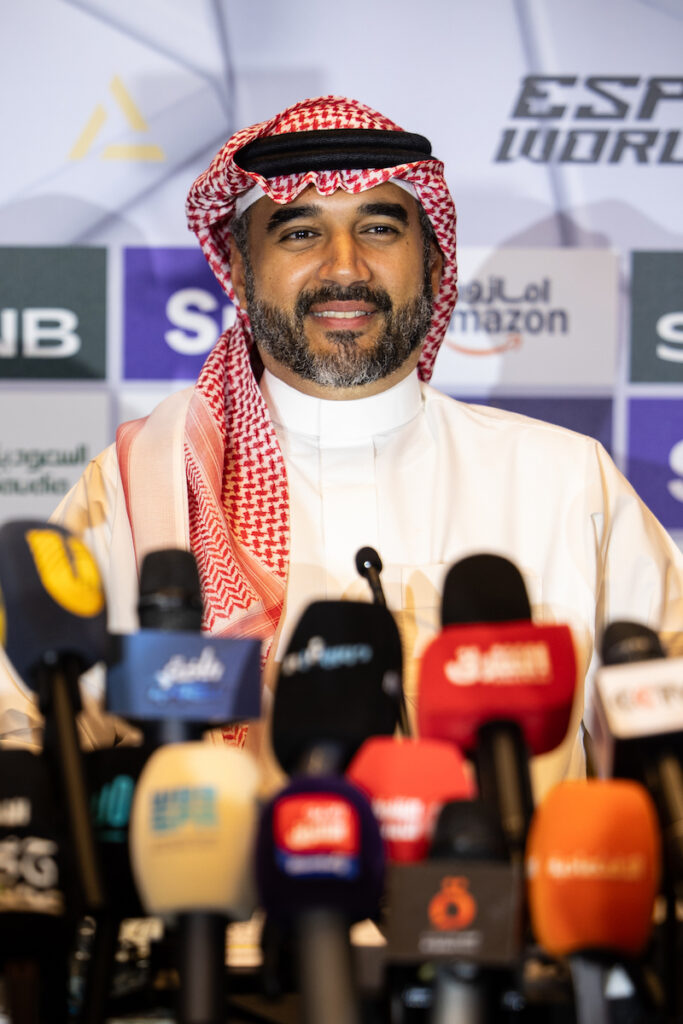
“Vision 2030 is focused on diversifying the economy. How can we build other industries that can be leaders in Saudi and internationally, and move away from a dependence on oil and gas,” he told TER, referencing the Saudi plan to achieve by 2030. “When we looked at the community and the industry that we have here in gaming, the industry was nonexistent, but the community was quite strong. We have 67% of our population consider themselves gamers. The rest of them play games, but they just don’t consider themselves to be gamers.”
The talent, he said, was already present, but lacked tools and support. “Over 60% of our community want a career path or an educational path and this is an industry. So the talent was there, we knew the abilities were there. What they didn’t have was the tools and the backing.”
To address this, the Kingdom has invested through multiple ministries — Communications, Industry, Investment, and Sports — to build infrastructure and opportunities. “What we’ve been building a lot over the last five years are the tools and the opportunities to give them a chance to showcase the skills that they have.”
“We’re seeing the growth of the community both in our young men and our young women. We saw Team Falcons, a group of young Egyptian women, participate in Mobile Legends women’s tournament,” he said, referencing the Falcons Vega MENA roster. “So we’ve created a pathway for this region to grow.”
Prince Faisal also emphasized opportunities beyond competition: content creation, coaching, refereeing, team management, production, social media. “We have a content creators’ park which is not just showcasing our content creators that are available now, but also showcasing to people how to become a content creator, the tools you’ll need, the strategies you’ll need, how do you bring in fans, how do you do these different things? How do you monetise your stream, which are all key things to becoming a content creator.”
“The stated goal in the national strategy for gaming and esports is to become a global hub for gaming and esports. And for me that is a simple answer to what does that mean: when you think about gaming and esports, Saudi Arabia is one of the first places that comes to your mind… about places you want to go, you want to visit, you want to participate, and you want to work if you want to be in this industry. And I think we’re well on our path to that.”
Esports, he explained, was the entry point — a means to an end. “To build a games industry, it’s not something you can do overnight. It’s implementing educational platforms, so we’re doing things in schools and universities to bring up the next generation. We have under the Savvy Games Group an internship program… the average employee that comes in takes about a year to go from learning, training, internship to becoming a full member of a team that can actually become a publisher and work on games.”
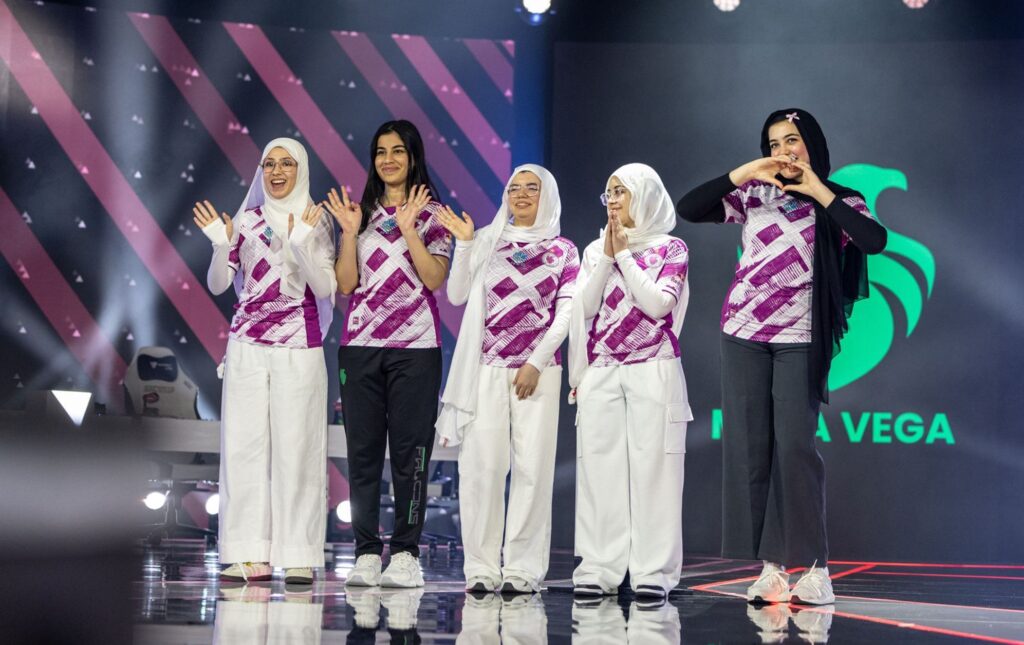
Training alone isn’t enough without opportunities, he said: “They need a workforce, so we need to train a workforce, but to train a workforce you need jobs for them to work in otherwise why are they gonna take the risk? Why are they gonna take that educational path? So what we’re doing is creating that middle gap, filling that gap in the middle, creating the jobs to teach a workforce that will then work for other people moving forward to create that vicious circle of job creation that we need.”
By 2030, Saudi Arabia aims for gaming and esports to contribute 1% of GDP — roughly SAR 50 billion ($13.3bn), create 39,000 jobs, and establish 250 companies, both homegrown and international. Growth is already evident: “In 2018 we had one game development company. We now have over 35 with another 5 or 6 in the pipeline locally homegrown, and another 10 to 15 international that are looking to base here and create local companies here.”
At this point, we steered the conversation from economics to culture — an aspect often overlooked by business media, but one where the Prince’s insights stood out: “It is about who you are and your skill within the game. When you watch a movie, you’re watching someone do something. When you read a book, you’re reading about someone who has done something, but only when you play a game are you doing it yourself. No one plays a game and says, oh, the character did this, or the character dies. No — I died. I beat the boss. I can’t do this. It is a personal experience that you are living someone else’s story.”
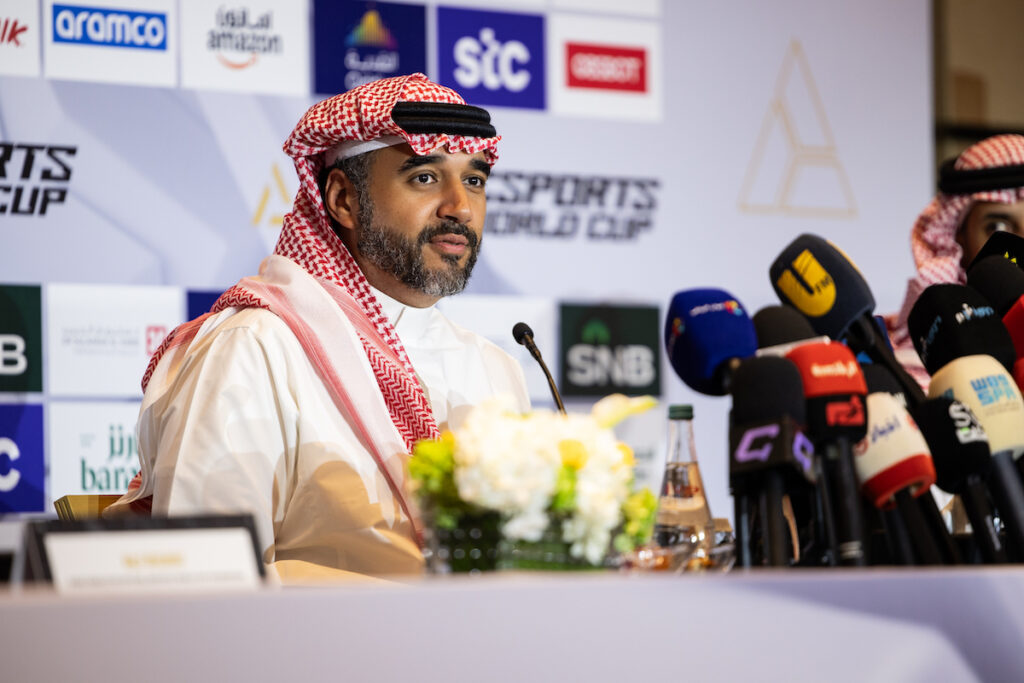
Gaming, he explained, allows Saudi Arabia to tell its own stories to the world. “As a chance and an opportunity for cultural export, there are two regions in my mind… Middle East and Sub-Saharan Africa that have stories that have yet to be told… To give our young men and women an opportunity to start to tell our stories from our point of view in a medium that allows other people to walk a mile in our shoes in the first person and not in the second person is an opportunity that I think is the most exciting of anything we’re doing.”
Esports remains the catalyst: “People look at this massive investment in esports, but you miss all the things around it. Esports is a gateway into a gaming industry because esports is an area where we saw we could take a leadership role now. We could do things that the industry wasn’t doing, innovations like the Esports World Cup championship where it’s the clubs participating, not just individual games, things like the crushing of the keys, making it a little bit more fun. Things like the club enablement program making the clubs more sustainable.”
Saudi Arabia also presents itself as welcoming to tourism and residency — booths about residency and investment were even present at the New Global Sport Conference later that week, and Prince Faisal emphasizes the inclusivity of the opportunity: “Anywhere you are, anywhere in this world, I promise you there is a career path and an opportunity for you in this industry. Please take the chance because we need more.”
The Esports World Cup is not the destination, but the opening chapter of a broader story. Prince Faisal’s vision is clear: the Kingdom seeks to become a global hub for gaming, a place where talent, investment, culture, and legacy converge. “I look forward to seeing what this next generation can do, and I look forward to seeing more everywhere and not just in Saudi.”
Disclaimer: The Esports Radar travelled to Saudi Arabia as a guest of the Esports World Cup Foundation with accommodation and travel covered, but this article is not sponsored, commissioned, or edited by any external organisation.



